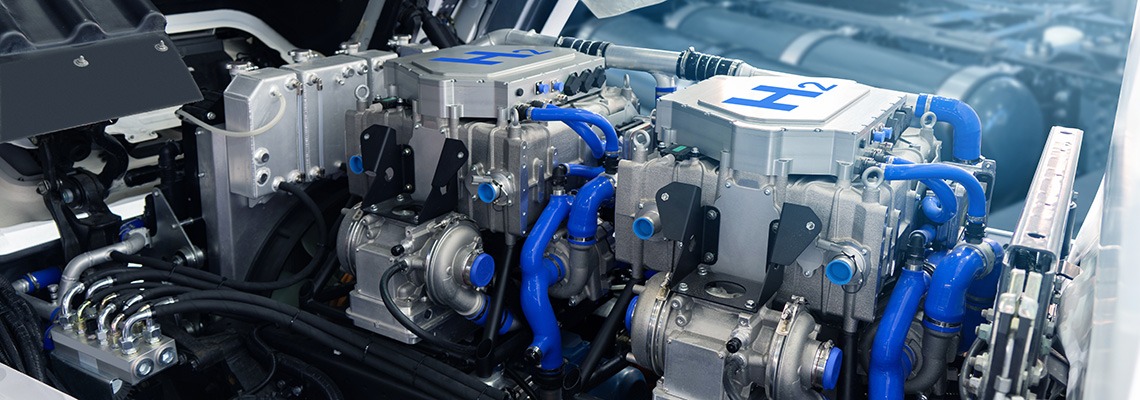Tesla Breaks Ground for Diner with Theater and Supercharger

Tesla has broken ground on the site of its planned futuristic diner with a drive-in theater and Supercharger station. This project has been in the works for several years. In 2018, Elon Musk said that Tesla planned to open an “old school drive-in, (with) roller skates & rock restaurant at one of the new Tesla Supercharger locations in Los Angeles.”
A few months later, Tesla applied for building permits for “a restaurant and Supercharger station” at a location in Santa Monica. However, the project stalled for a long time, apparently due to local regulations. Nevertheless, Tesla still moved forward with a Supercharger at the location, but it had to move the diner project to Hollywood. Last year, Tesla filed the construction plans with the city, giving us the first look at what the automaker intends to build.
Source: Electrek: Read The Article



